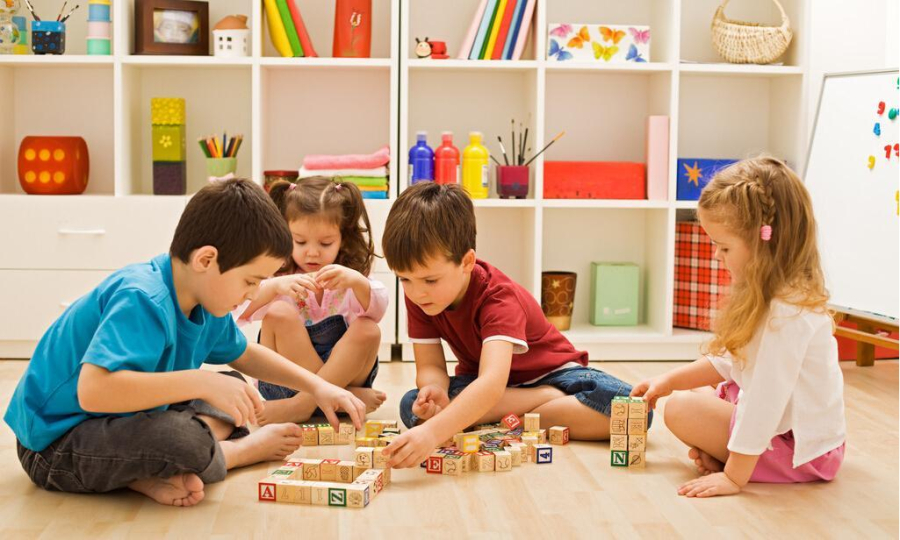Expressing the Emotions of Children
Each child’s adaptation to their environment varies. However, there are common signs for parents to determine whether their child is integrating well at school or not.
If a child feels happy and comfortable, they will show positive emotions. For example, they may enthusiastically share their experiences at school after class or they may have a excited look when talking about friends and activities in the class. These are signs that the child is adapting well.
But if a child experiences something unpleasant, they will have negative emotions. For example, a child may have sudden tantrums without a clear reason or become silent and unwilling to go to school. In this case, parents should pay attention to the changes in their child’s emotions and try to find the underlying causes.
Changes in a child’s emotions are not always obvious, so parents need to observe carefully. The child may not directly express discomfort or anxiety, but indirectly through changes in their daily behaviors. Therefore, parents can pay attention to changes in sleep quality, eating habits, or daily preferences of their child.
For example, a child who used to enjoy drawing suddenly loses interest or a child who used to sleep well starts waking up at night. These signs may indicate that the child is facing difficulties at school.

The Attitude of Children
This is an important sign to determine whether a child can adapt or not. After a period of attending school, if a child wakes up excited in the morning, it usually means that the child is happy and satisfied at school. However, if the child appears resistant, even crying and feeling discouraged, it may indicate that the child is not comfortable or dislikes the class.
A child’s attitude is related to their social relationships. If a child can make friends quickly, they will have a more positive outlook on preschool. However, if a child struggles socially, it can lead to negative emotions.
In addition, a child’s attitude is also related to their family’s educational methods. If a family provides love and support, it can help the child develop confidence and curiosity about the new environment. But if the family environment is overly protective or lacks attention, it can make the child feel uneasy about preschool life.

Observing Interactions at School
Children’s social skills usually begin to develop when they attend preschool. This is a stage where children learn how to interact with their peers. This is important for their emotional and social development.
Parents should observe whether their child actively communicates with friends while playing. Is the child willing to share toys or cooperate in group activities? Also pay attention to the child’s facial expressions and tone of voice when talking to others. Does the child appear confident when expressing ideas? Does the child listen to others’ opinions? These are important factors in evaluating social skills.
How does the child react when there is a conflict? Does the child try to reconcile or tend to avoid or react aggressively? If the child can handle conflicts well, it indicates that the child’s social adaptation skills are good.
Parents should also observe the child’s friendships to see if they are stable. Long-lasting friendships provide a safe social environment where children can freely express themselves and learn how to maintain relationships.

Interest in Learning
This is an important sign to evaluate a child’s adaptation to preschool life. It not only shows curiosity about academic knowledge but also includes the desire to explore the world around them. Parents can see their child’s enthusiasm for learning through how the child talks about their preschool experiences, especially the new things they have learned.
For example, a child starts asking more “why” and “how” questions. It shows the child’s curiosity and desire to explore the world. Parents can also boost their child’s motivation to learn by encouraging this type of questioning.
Parents can also pay attention to their child’s interest in a specific activity. For example, some children enjoy drawing, puzzles. It shows that the child has a high motivation to learn in these areas. Based on this, parents can further help their child’s development by providing appropriate materials and support.
Children’s learning process is also an aspect to evaluate their interest. By observing the child’s progress in specific skills such as language and math, parents can understand the level of the child’s engagement in learning. Parents should pay attention to their child’s achievements in these areas and provide appropriate praise and encouragement.



































